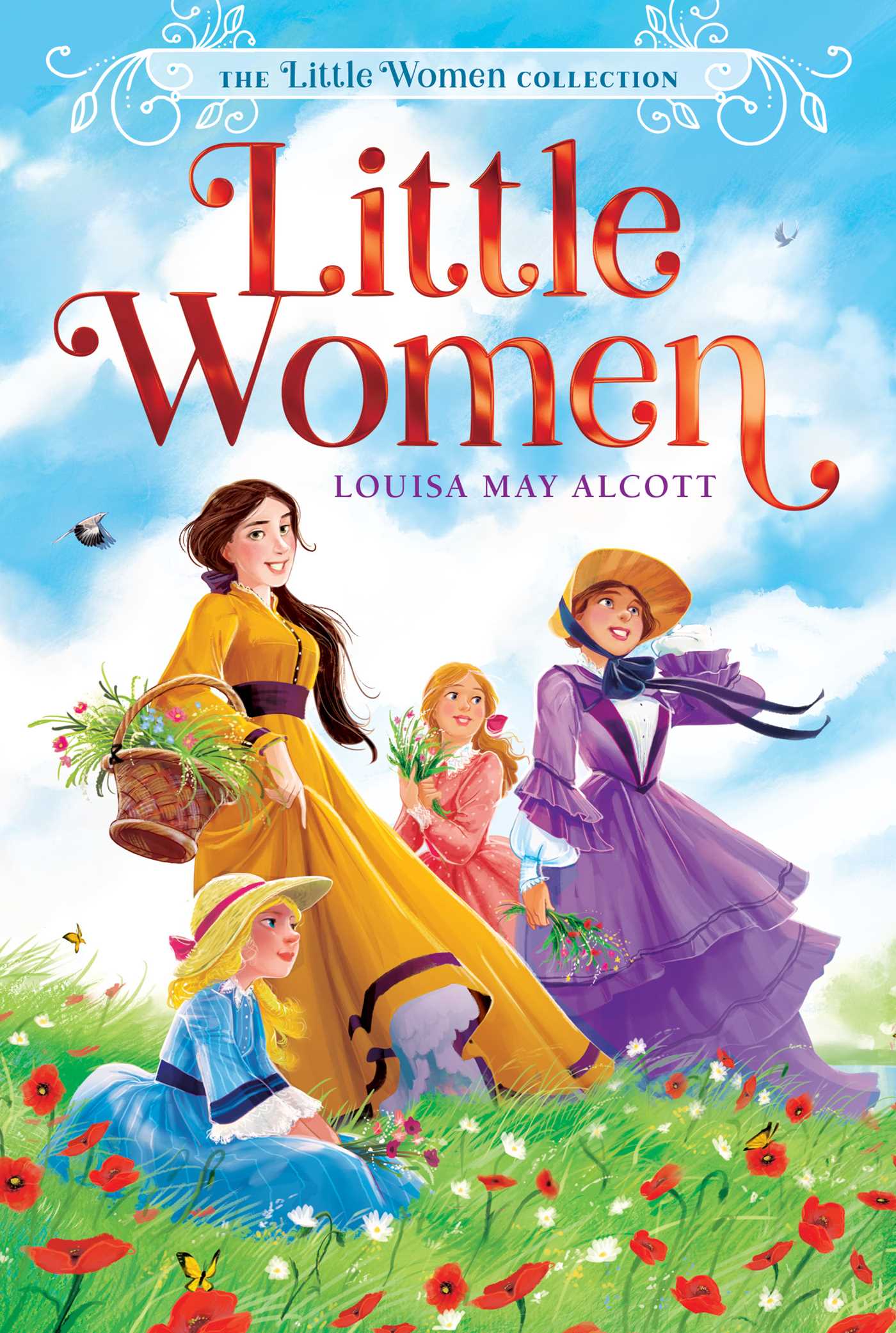


Inspired by her own rough-and-tumble adolescence, she also fancied the idea of a tomboy main character whose given name could be shortened to sound like a boy’s within her own family, she had been known as “Lu.” Thus Josephine or “Jo” March was born. Because she wanted a colder, harsher month, however, the Alcotts became not the Mays, but the Marches. She liked the idea of using the name of a month, like her own middle name, as a surname of the family of girls that she would closely base on herself and her sisters. Niles, however, would take Bronson’s book only on one condition. Nevertheless, he was now revising a philosophical manuscript called “Tablets,” which was possibly the best work he had ever done. Bronson Alcott, whose capacity for fascinating conversation was so great that people paid to hear him talk, had repeatedly failed to convert his verbal inspirations into writing. She saw only a faint possibility that the “queer plays and experiences” that the four of them had shared would interest a popular audience.Īll of her concerns, however, were finally outweighed, as they often were, by Louisa’s desire to help her father. An irrepressible tomboy in her youth, Louisa had “never liked girls or many” other than her three siblings: her older sister, Anna, and her younger sisters, Lizzie and May. Her experience also told her that writing for juveniles “doesn’t pay as well as rubbish.” Still worse, Alcott considered herself wholly unqualified for the task. It was not simply that she disliked the idea, though that was true enough. She had told him she would try, and promptly started the project-and just as promptly set it aside. He had approached Louisa herself with the same idea the previous autumn. Niles was not taken with the idea what he really wanted was a book to fill a yawning gap in the juvenile market-a smart, lively novel for girls. Now her father, in an effort to drum up some work for her, suggested to Niles that Louisa could write him a book of fairy stories.

By permission of the Houghton Library, Harvard University.īut as Louisa herself knew, she had not risen to her full artistic potential.


 0 kommentar(er)
0 kommentar(er)
